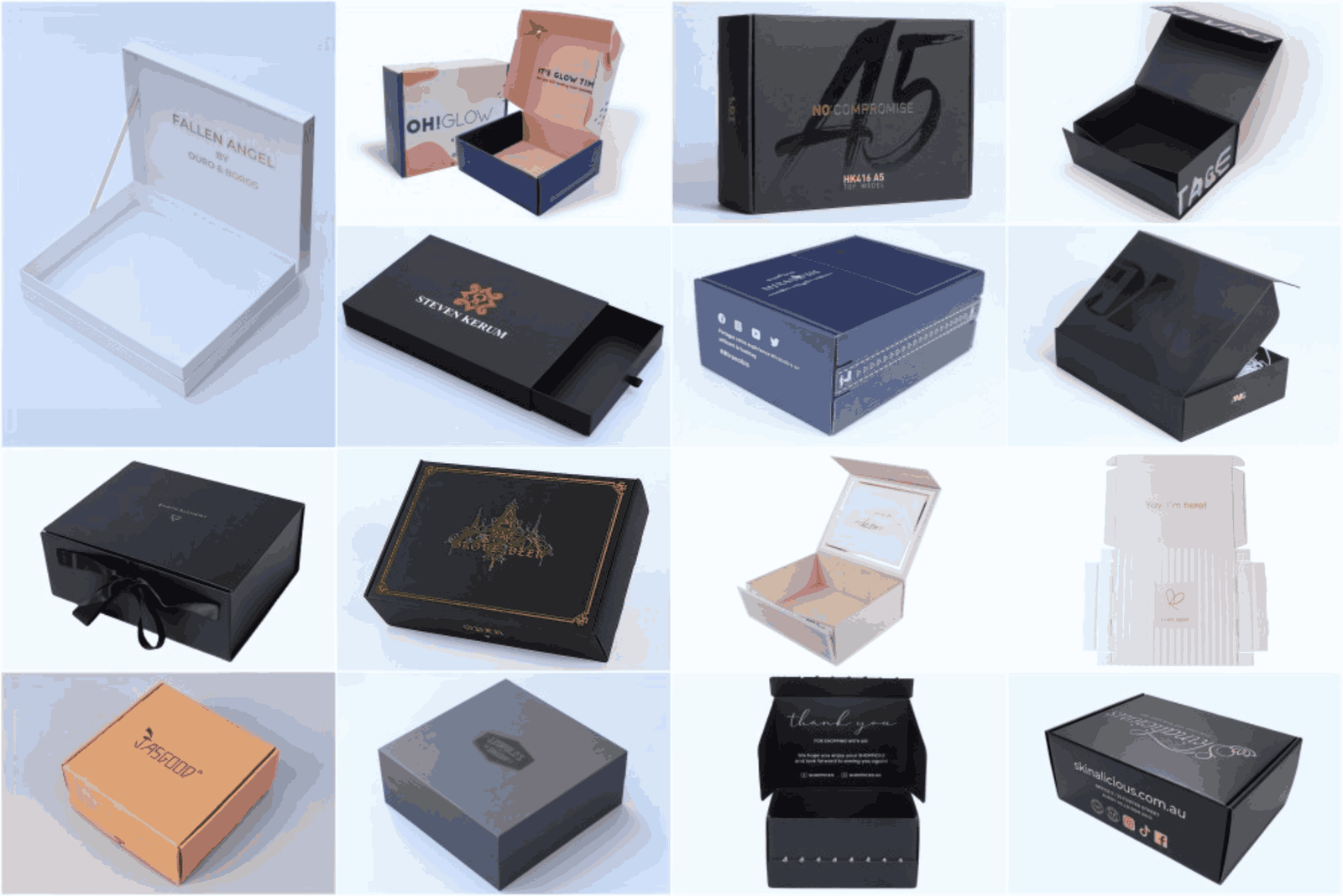In 2025, Dubai continues to be a top-tier global business hub, with over 300,000 registered companies and a GDP exceeding AED 500 billion. For Pakistani startups—especially those from South Punjab regions like Bahawalpur, Multan, and Layyah—Dubai offers rich collaboration and export opportunities.
Yet, success begins before the handshake.
This EEAT-compliant, AEO-ready, and geo-targeted guide explores what to know before approaching a Dubai company, from legal validation to cultural alignment, backed by credible insights, Pakistani tech initiatives like Ignite and STZA, and real-world examples.
Understanding the Dubai Business Environment
Quick Answer: Dubai’s business environment is multicultural, digitally forward, and highly compliance-driven.
Dubai operates on a mix of local (mainland) and free-zone business jurisdictions. This distinction defines:
-
Licensing authority
-
Partnership rules
-
Taxation benefits
-
Type of foreign ownership
Key Zones:
-
Mainland: Regulated by Dubai Economy and Tourism (DET)
-
Free Zones: Like DIFC, DMCC, DSO, JAFZA, and Dubai Internet City
-
Offshore: Typically for asset protection, not direct operations
Example: A Bahawalpur-based SaaS startup targeting Dubai retailers must understand whether its clients operate from mainland or free zones to tailor contracts accordingly.
Know the Legal Status of the Company
Quick Answer: Always verify a Dubai company’s registration, licensing, and compliance before engagement.
How to Verify:
-
Search the DET or Free Zone Authority portals using trade name or license number
-
Check for active license status, business activity type, and office location
-
Validate with UAE Chamber of Commerce if needed
-
Request Trade License and Emirates ID of the authorized signatory
Why It Matters:
Without due diligence, you risk fraud or invalid agreements. This is especially important for South Punjab SMEs new to international B2B deals.
Research Business Culture and Etiquette
Quick Answer: Respect for hierarchy, relationship-building, and patience are central to Dubai’s business culture.
Cultural Tips:
-
Initial Meetings: Focus on rapport, not hard pitches
-
Dress Code: Formal and modest, especially in public meetings
-
Communication: Be clear, concise, and respectful
-
Language: English is common, but Arabic greetings are appreciated
-
Time Zone Awareness: UAE work week runs Sunday–Thursday
Pro Tip:
Address senior officials with titles like “Mr.”, “Dr.”, or “Sheikh” unless told otherwise. Avoid rushed negotiations.
Prepare a Strong Value Proposition
Quick Answer: Dubai companies value localized solutions that align with UAE Vision 2031.
Before reaching out:
-
Build a use case for why your product/service fits the Dubai market
-
Highlight cost-efficiency, innovation, or regulatory alignment
-
Prepare dual-language pitch decks (optional but appreciated)
-
Include regional case studies if available
-
Emphasize post-sales support, especially for tech products
Case Example:
A Layyah-based IoT startup tailored its pitch to focus on smart logistics for JAFZA—not generic use.
Know the Key Sectors in Dubai
Quick Answer: Focus on growth sectors aligned with UAE’s future-ready economy.
Hot Sectors (2025):
-
Fintech and digital payments
-
Logistics & supply chain automation
-
Tourism & entertainment tech
-
Healthtech and telemedicine
-
Sustainable real estate and smart cities
-
Retail & fashion e-commerce platforms
Alignment Tip:
Startups from South Punjab’s STZA Zones can target logistics in Dubai South or healthtech in Dubai Healthcare City.
Midpoint Link Placement
For verified trade information, partner research, and access to the List of Companies in Dubai, Pakistani startups can consult the updated business directory at List of Companies in Dubai. This platform supports smart filtering by license, activity, and region—critical for confident outreach.
Understand UAE’s Compliance Expectations
Quick Answer: Dubai firms expect professional documentation, legal transparency, and digital readiness.
Compliance Checklist:
-
NDAs and MOUs pre-discussion
-
VAT readiness and e-invoicing standards
-
Cybersecurity compliance for tech providers
-
UAE labor and contractor expectations
-
IP protection through local registrations
Ignite-backed firms in Pakistan are advised to prepare standardized templates reviewed by UAE-savvy legal experts.
Use Tech and CRM Tools for Outreach
Quick Answer: Dubai firms appreciate data-driven, organized communication via email or business portals.
Tools to Use:
-
HubSpot or Zoho CRM for structured outreach
-
Calendly for time zone-friendly booking
-
Google Workspace for branded email and proposals
-
WhatsApp Business for post-intro engagement
Outreach Pro Tip:
Avoid cold calling. Use mutual references, online introductions, or follow-up after a trade event like GITEX.
Frequently Asked Questions
1. Do Dubai companies work with foreign startups?
Yes—especially in tech, logistics, and services. UAE encourages cross-border B2B collaboration.
2. What documents should I prepare before contact?
Company profile, trade license (if exporting), pitch deck, service portfolio, and NDA template.
3. Are there cultural differences I should respect?
Yes—punctuality, formality, and respect for hierarchy are critical.
4. Can I email them directly from Pakistan?
Yes, but personalize your message. Avoid spam-style intros. Mention common goals or data points.
5. What language is preferred?
English is primary, but adding Arabic greetings or translated decks is a bonus.
6. How can I know if a Dubai company is trustworthy?
Search them in official directories and request verified licenses or references.
7. What is STZA’s role in this process?
STZA supports Pakistani startups with training, market entry strategies, and global expansion resources.
Final Thoughts
As a consultant rooted in Bahawalpur’s tech ecosystem, I’ve seen many startups lose opportunities due to poor preparation. Approaching a Dubai company isn’t just about sending a message—it’s about matching their expectations, compliance standards, and cultural practices.
With platforms like Ignite offering mentorship and STZA building high-tech export zones, Pakistani innovators—especially from South Punjab—are now in a prime position to engage Dubai’s dynamic market.
But before you knock, do your homework.
Verify, localize, and align.
Then—approach with confidence.







